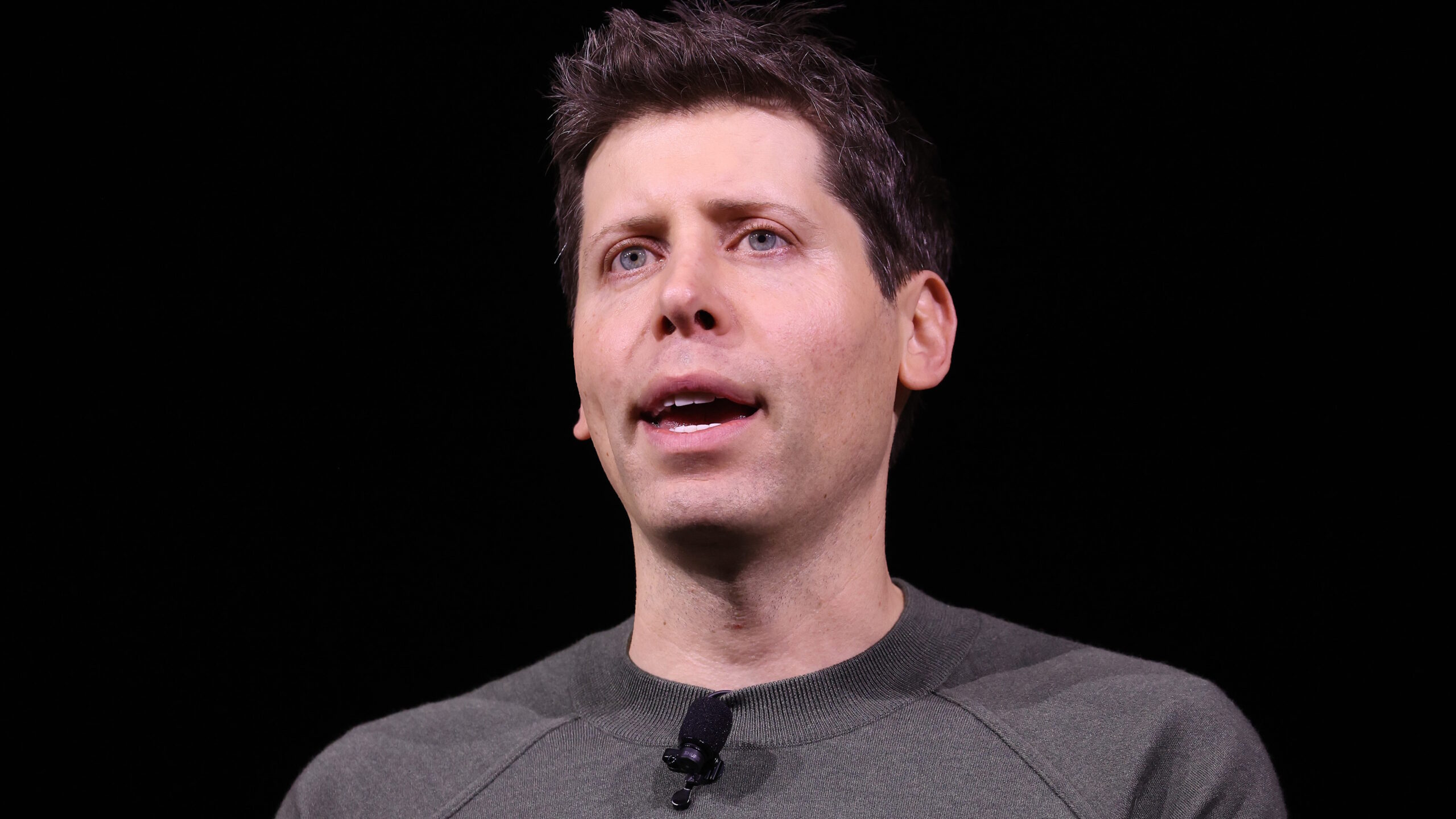OpenAI co-founder Sam Altman is to return as CEO of the company, mere days after his chaotic firing by a board that seems to have lost all support. A deal has been reached “in principle” for his return that will see new board members appointed, and the agreement comes shortly after Microsoft CEO Satya Nadella had essentially checkmated OpenAI by offering Altman a job and guaranteeing the role and salary of any OpenAI staff that wished to join him.
This is tech politics at the highest level where, as Bob Dylan would put it, money doesn’t talk: it swears. Microsoft has a $13 billion investment in OpenAI and is integrating the company’s machine learning tools into its own crown jewels of office and productivity software. Ever since the announcement of Altman’s firing on Friday last week, Satya Nadella has been publicly vocal about Altman remaining involved, and obviously has the power to make things happen. OpenAI’s climbdown is a total capitulation and raises even more questions about why Altman was so unceremoniously ousted in the first place.
“We have reached an agreement in principle for Sam Altman to return to OpenAI as CEO with a new initial board of Bret Taylor (Chair), Larry Summers, and Adam D’Angelo,” reads OpenAI’s statement. “We are collaborating to figure out the details. Thank you so much for your patience through this.”
At which point, presumably, Nadella put the safety back on the revolver. As well as the pressure from Microsoft, OpenAI faced open revolt from its own staff, with a public letter signed by over 95% of its employees calling for Altman to be reinstated.
The following is lightly edited for clarity. “I love OpenAI, and everything I’ve done over the past few days has been in service of keeping this team and its mission together,” wrote Altman in response to the news. “When I decided to join Microsoft on Sunday evening, it was clear that was the best path for me and the team. With the new board and with Satya [Nadella]’s support, I’m looking forward to returning to OpenAI, and building on our strong partnership with Microsoft.”
All of which is to say: screw you, board members. Following Altman’s firing, his fellow co-founder Greg Brockman and others had resigned, while everyone struggled to understand the exact reason behind the decision, which is still unclear. The board said it had “lost confidence” in Altman because he had not been “consistently candid” with them, but what exactly he dissembled about has not been disclosed.
In a sign of just how chaotic this has been, OpenAI co-founder and chief scientist Ilya Sutskever was one of the four board members behind Altman’s firing, before on Monday executing a complete U-turn: Sutskever apologised on social media, before incredibly signing the open letter calling on OpenAI to reverse the decision he’d played a major role in.
So here’s the musical chairs. The new board will include businessman Bret Taylor, former US treasury secretary Larry Summers, and current board member Adam D’Angelo. Co-founder Greg Brockman will be returning alongside Altman.
All of which has Satya Nadella purring like the cat that got the cream. “We are encouraged by the changes to the OpenAI board,” says Nadella. “We believe this is a first essential step on a path to more stable, well-informed, and effective governance. Sam, Greg, and I have talked and agreed they have a key role to play along with the OAI leadership team in ensuring OAI continues to thrive and build on its mission.”
This all happened, as many in the tech world have pointed out, because OpenAI has such a byzantine structure. It was founded in 2015 as a non-profit to create “safe” AI that “benefits all of humanity”, before in 2019 adding a for-profit subsidiary that is overseen by the non-profit side and its board. Hence why four people could make a decision that sent multi-billion corporations scrambling to reverse it.
And finally pour one out for Emmett Shear, the former Twitch CEO who was appointed OpenAI CEO following Altman’s departure. His bio on X now reads “interim ex-CEO of OpenAI” and Shear posted the following: “I am deeply pleased by this result, after ~72 very intense hours of work. Coming into OpenAI, I wasn’t sure what the right path would be. This was the pathway that maximized safety alongside doing right by all stakeholders involved. I’m glad to have been a part of the solution.”











